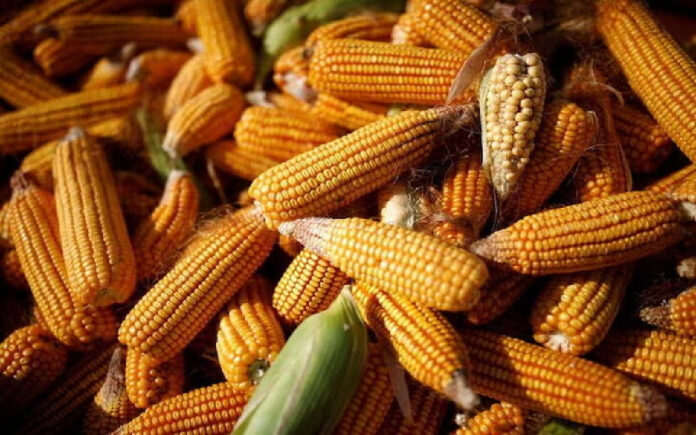Beijing: China has approved a total of 17 new genetically modified (GM) and gene-edited crop varieties, aiming to enhance crop yields, reduce dependence on imports, and improve food security. These new approvals include five gene-edited varieties and 12 GM types of soybean, corn, and cotton, the Ministry of Agriculture and Rural Affairs announced in a statement on Tuesday.
The newly approved gene-edited crops consist of two soybean varieties, and one each of wheat, corn, and rice. These crops have been awarded safety certificates, which are valid for five years starting from December 25. Among the approved varieties are seeds from Dabeinong, a Beijing-based feed group, and China National Seed Group, a subsidiary of Syngenta Group, known for its work in seeds and pesticides.
Gene editing, unlike traditional genetic modification, involves altering a plant’s existing genes to improve traits such as resistance to disease or drought, without introducing foreign genetic material. This technique is considered by some scientists to carry fewer risks compared to conventional genetic modification, which inserts foreign genes into plants.
In addition to domestic crop varieties, China has authorized the import of an insect-resistant and herbicide-tolerant GM soybean from BASF, a German chemicals company. This variety, however, will be allowed only as a processing material and not for direct human consumption.
Also Read | Over 300 Ukrainian and Russian POWs Reunite in Latest Prisoner Swap
Over the past year, China has increasingly approved high-yielding GM corn and soybean seeds to bolster domestic production and reduce the nation’s reliance on imported grains. Despite the growing acceptance of GM crops in agriculture, concerns about the safety of GM foods persist among some Chinese consumers. Currently, China imports GM crops like corn and soybeans primarily for use in animal feed, while domestic crops for food consumption remain non-GM.
Also Read | Flight Records from Kazakhstan Crash Headed to Brazil for Investigation
The safety certificates for these newly approved varieties will last for five years, as per the Ministry’s document.



